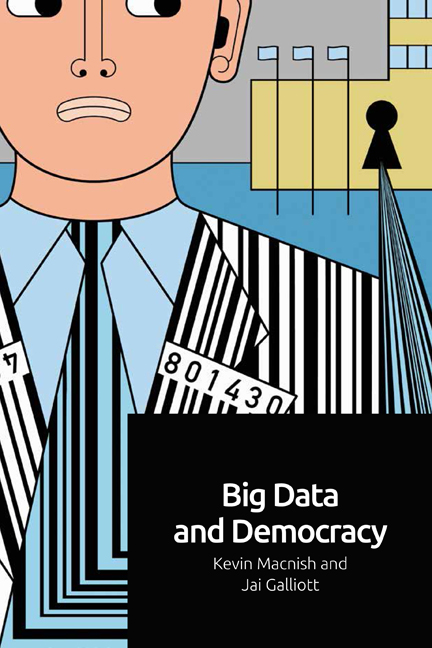Ten - Trust and Algorithmic Opacity
Published online by Cambridge University Press: 17 October 2020
Summary
‘I want to see you not through the machine,’ said Kuno,
‘I want to speak to you not through the wearisome machine.’
E. M. Forster (1909)Introduction
For well over a century, scholars have forwarded cautionary tales of a dystopian age where supposedly super-intelligent machines control all aspects of our lives. E. M. Forster in his 1909 novella The Machine Stops imagines a post-apocalyptic world where people so reliant upon a machine for their existence begin to worship it as a living, moral agent in its own right. In the tension between technology and rationality the inhabitants of Forster’s fictional world lose all connection with nature and, consequently, their morality, trusting the machine more than they do each other. In many senses Forster's machine-mediated horror story has become something of a reality. One reading of Forster might suggest that the effects of technology do more than just simplify or make our lives more convenient, but that the technology utterly infiltrates our worldview rather than merely augmenting it. For the inhabitants of Forster's world, the machine is self-validating, authoritative, in a sense omniscient, exhibiting an unnerving undercurrent of malevolence.
While the emerging reality today is not fully comparable to Forster’s imagined world, many parallels can be drawn. We are increasingly witnessing the use of complex, artificially intelligent computer algorithms in decision-making processes across a wide variety of socio-technical environments. Such contexts include industry, universities, governmental agencies, law enforcement, non-profit sectors, insurance companies, medical providers, employers, amongst many others. Such systems are used to influence decision making in areas ranging from pre-trial risk assessment to sentencing and probation.
The use of these algorithms is globally widespread and contextually varied. Concerns about the proliferation of such specialised software are relatively new and have primarily been discussed from ethical perspectives. Recent and popular focus by mainstream media as well as academia has been situated around privacy issues. While privacy issues are important and deserve analysis, I argue here that there are other issues at stake. Further, I contend that these issues may have much deeper implications for individual autonomy within free democratic states.
- Type
- Chapter
- Information
- Big Data and Democracy , pp. 153 - 166Publisher: Edinburgh University PressPrint publication year: 2020



